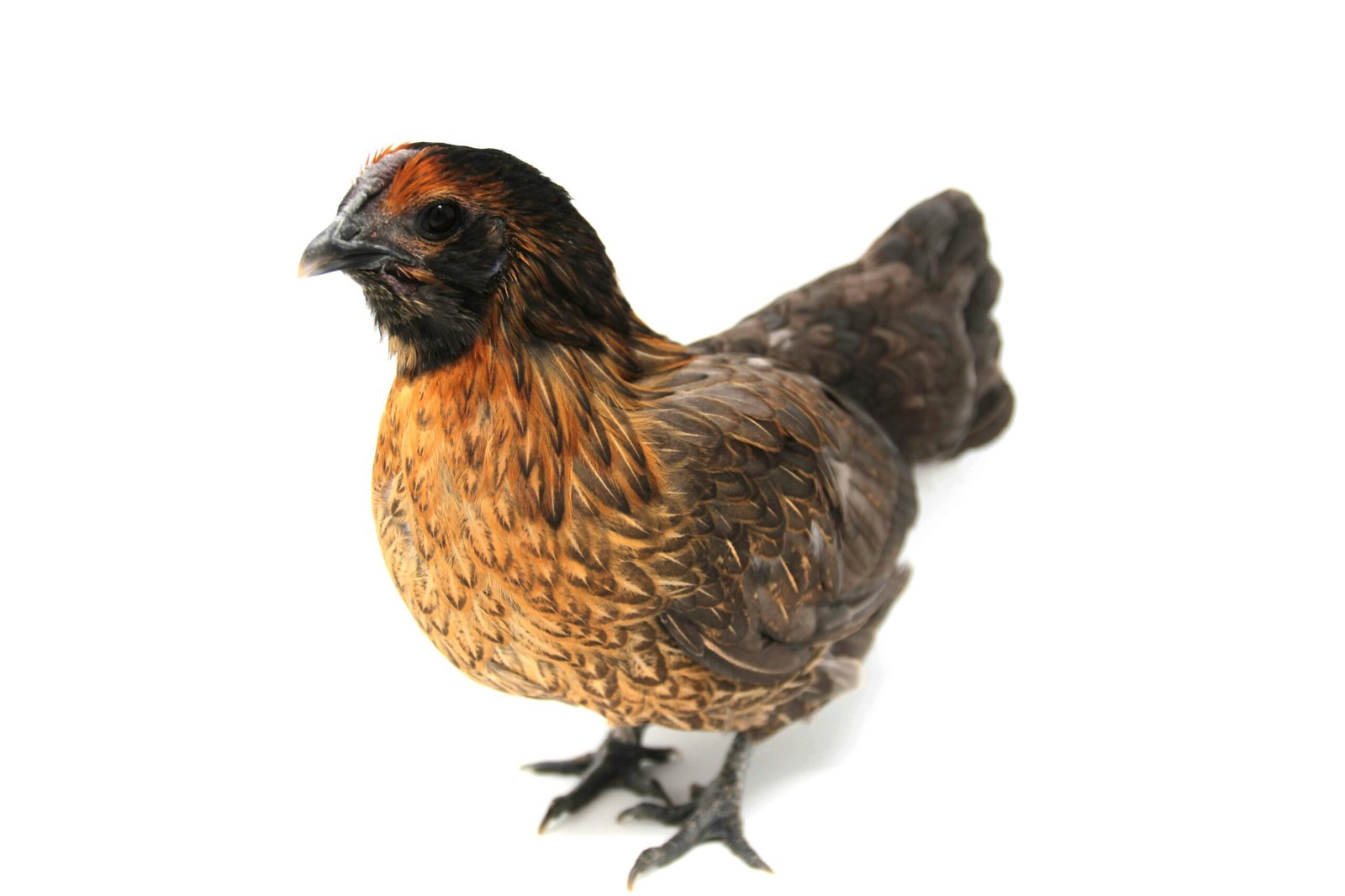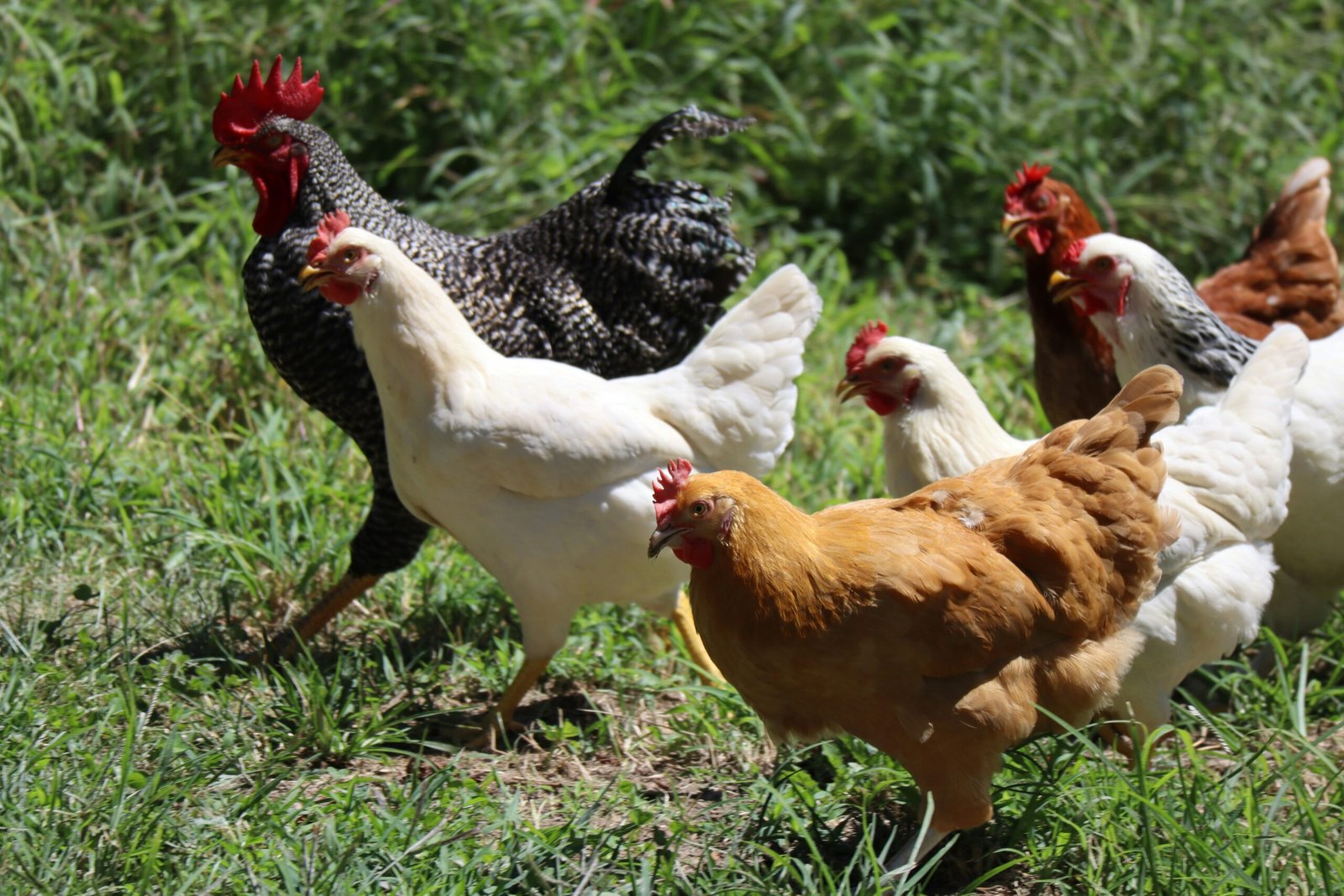Keeping chickens in your backyard can be a rewarding and enjoyable experience. Not only do they provide fresh eggs, but they also make great companions. However, just like any other pets, chickens are susceptible to diseases. That’s why it’s important to implement biosecurity practices to ensure the health and well-being of your flock. In this blog post, we will offer advice on biosecurity practices for small flocks, including quarantine procedures for new birds, vaccination information, and how to spot signs of illness early.
Quarantine Procedures for New Birds
When introducing new birds to your flock, it’s crucial to implement a quarantine period. This helps prevent the spread of diseases from the new birds to the existing ones. The quarantine period should last for at least two weeks, during which the new birds should be kept separate from the rest of the flock.
During the quarantine period, observe the new birds closely for any signs of illness. Look for symptoms such as lethargy, loss of appetite, respiratory distress, or diarrhea. If any of these signs are present, consult a veterinarian immediately. It’s better to be safe than sorry when it comes to the health of your flock.
Vaccination Information
Vaccinations play a crucial role in preventing the spread of diseases among chickens. Consult with a veterinarian to determine which vaccinations are recommended for your area and the specific diseases prevalent in your region.
Common vaccinations include those for Marek’s disease, Newcastle disease, and infectious bronchitis. These vaccinations can be administered through drinking water or by injection. Follow the recommended vaccination schedule to ensure maximum protection for your flock.
Spotting Signs of Illness Early
Early detection of illness is essential for prompt treatment and containment. Keep a close eye on your chickens and observe any changes in behavior or appearance. Here are some common signs of illness to watch out for:
- Decreased activity or lethargy
- Loss of appetite
- Weight loss
- Abnormal droppings (diarrhea or blood)
- Respiratory distress (coughing, sneezing, wheezing)
- Feather abnormalities (ruffled feathers, loss of feathers)
If you notice any of these signs, isolate the affected bird immediately and seek veterinary advice. Prompt action can help prevent the spread of the disease to the rest of the flock.
In addition to the above practices, maintaining a clean and hygienic environment is crucial for biosecurity. Regularly clean and disinfect the coop, waterers, and feeders. Keep wild birds and rodents away from the chicken area, as they can carry diseases.
Remember, prevention is always better than cure when it comes to the health of your chickens. By implementing biosecurity practices, including quarantine procedures for new birds, vaccinations, and early detection of illness, you can keep your backyard flock healthy and disease-free. Happy chicken keeping!





